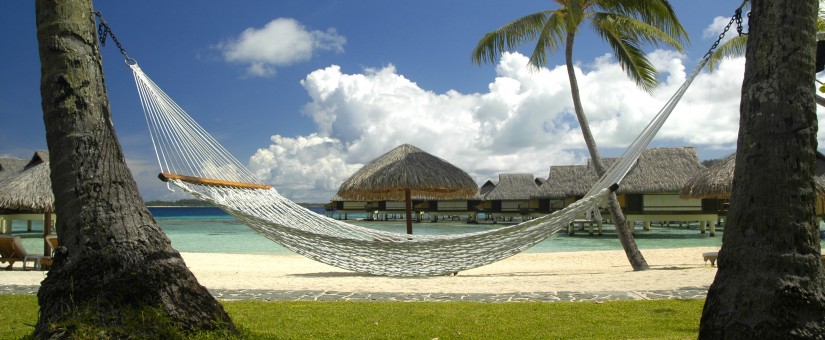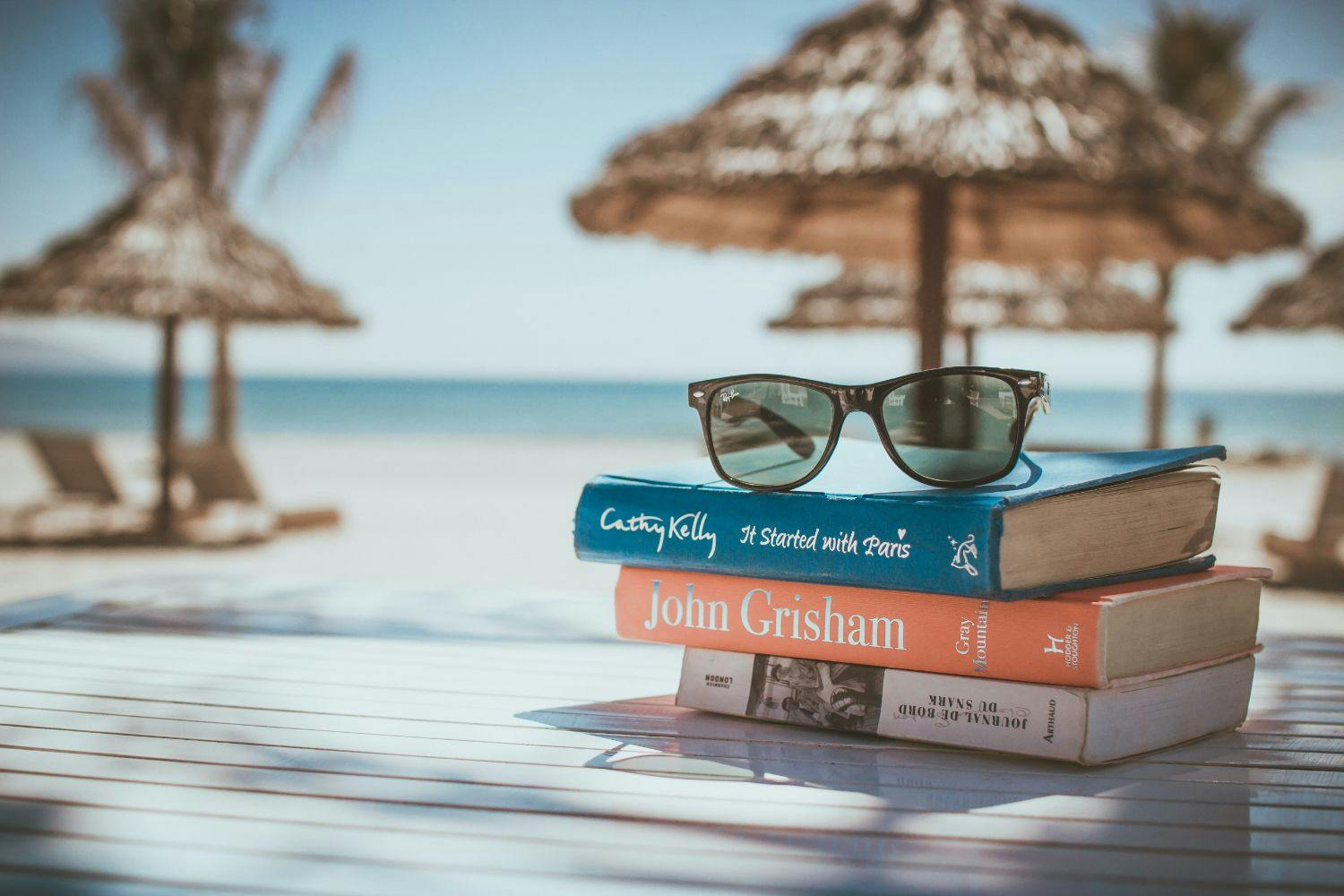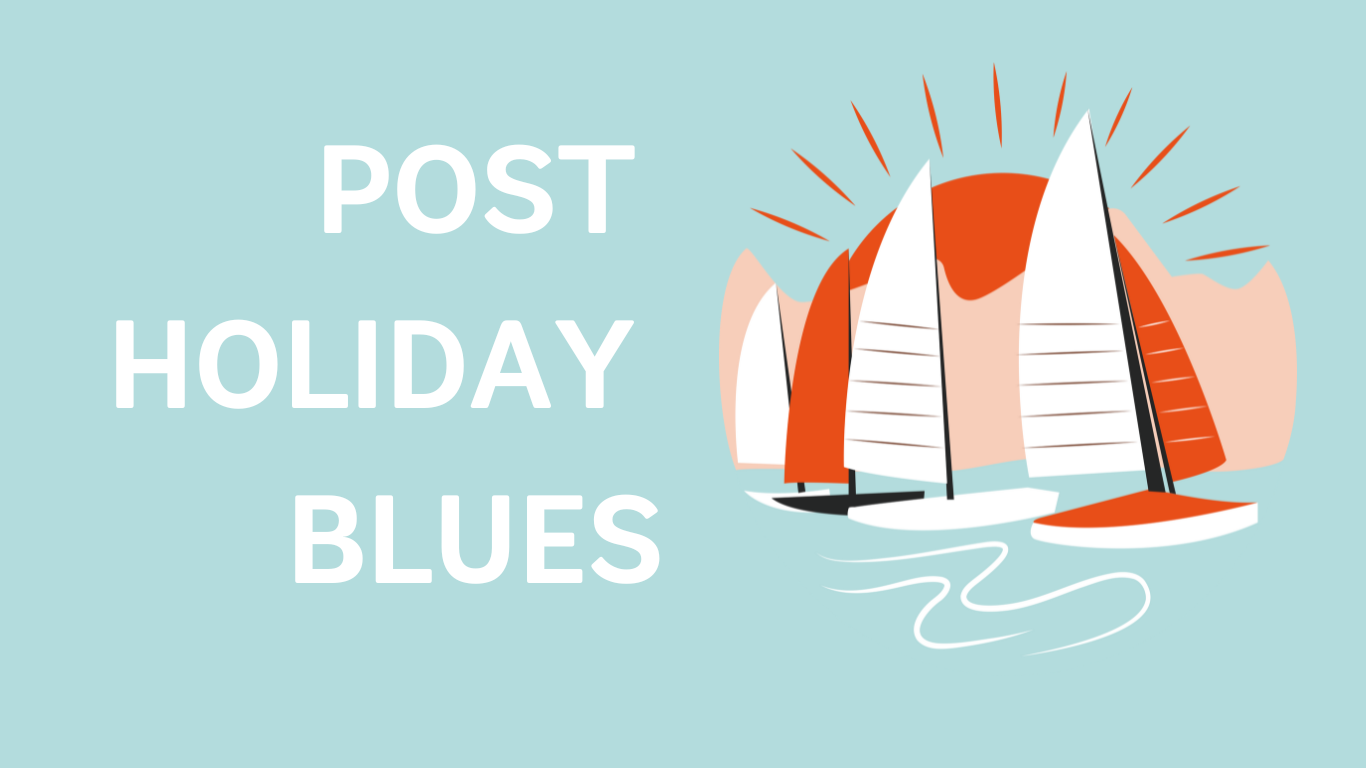Holidays
UAE expert advice on how to make the most of your break and avoid post-holidays blues
Dubai: As the holiday season peaks, we would do well to ask ourselves if it’s serving its purpose. More often than not, warns a mental health specialist, we tend to forget why we take a break in the first place, packing our schedules, whether on a vacation or a staycation with so much to do, that the holiday defeats its very purpose.
Speaking to Gulf News. Anna White, Director of Corporate and Workplace Services & Mental Health First Aid UAE, explains how this build-up happens.
No doubt, it’s all very pleasing to begin with. The very mention or thought of a holiday does wonders to our minds.
“That’s because holidays are a trigger for relaxation and enjoyment. The thought alone can activate our parasympathetic nervous system, which is responsible for that “rest and digest” state, basically the opposite of fight or flight,” White explains.
“Our brains are wired to make associations, so when we think about holidays, we often picture things we love such as free time, family, good food, or adventure. It’s like walking into a spa-the smell of aromatherapy oils immediately sets the tone for relaxation before you’ve even started the massage. Holidays, even in thought, are a mental signal to slow down and breathe,” she says.
But what happens many times is just the opposite, with the stress of travel and making last-minute arrangements becoming overwhelming.
“While stress is subjective, uncertainty tends to be a common trigger,” says White. “For vacations, things like delayed flights, lost luggage, or managing kids on the journey can throw people off. For staycations, the challenge is often resisting the urge to “just get one more thing done,” whether it’s work or chores,” she adds.
Stress arises when things don’t go as planned like bad weather on the trip or an unexpected hotel mix-up.
“Learning to sit with some discomfort and go with the flow can help reduce stress during both vacations and staycations,” she advises.

Zoning out earlier helps.
“It’s good to start slowing down before the holiday begins. If you’re running around packing last-minute or scrambling to tie up loose ends at work, you’ll likely need a few days to unwind once the holiday starts. Delegate responsibilities, plan, and try to finish work tasks a day or two early. Treat it like winding down for bedtime- your brain needs time to shift gears,” says White.
“Think of it as entering “holiday mode” gradually, rather than flipping a switch when you get on the plane. That way, you’re ready to relax the moment your break begins.”

Carrying work on a holiday
Another dilemma that confronts most holidayers is whether they should carry their work laptops and phones during the break.
“This depends on the person. Some people find it more stressful not to check in occasionally, while others feel better completely unplugging. The key is to balance clear boundaries for when and how you’ll check in. For example, dedicate 30 minutes in the morning to work on emails and then switch off for the rest of the day. The problem arises when checking emails or WhatsApp, which becomes compulsive and pulls you back into work mode. If that happens, it defeats the purpose of the holiday, which is to recharge and reset,” says White.

Post-holiday blues
Whether or not you are recharged after your holiday, post-holiday blues invariably set in. “Why? Because holidays often involve things we enjoy most such as freedom, relaxation, and connection with loved ones. When the holiday ends, we return to routines, responsibilities, and often a faster pace of life, which can feel like a stark contrast. It’s a bit like coming down from a high. The gap between the holiday state and “real life” can create feelings of sadness or even resentment toward daily responsibilities,” says White.

Smooth return to routine
So how can holidayers prepare for a smooth return to routine? Here are some of her tips:
Plan your return before you leave.
Know when you’re returning to work and make sure everything is clothes, meals, even your commute.
Do what you need to reduce that “Monday morning shock” feeling.
Give yourself a day or two after your holiday to transition back into regular life.
Use this time to unpack, settle in, and mentally prepare for the week ahead.
Finally, focus on the positives of your routine-what excites you about returning to your work or hobbies?
Shifting your mindset can help ease the adjustment.

Above all, White says while ideal holidays are fantastic, it’s important to remember they’re not the only time we should allow ourselves to rest or recharge. “If we’re always living for the next holiday, we risk losing out on joy in our everyday lives. Find ways to create “mini-holidays” in your daily routine whether it’s a quiet morning coffee, an hour of reading, or a walk in nature. True happiness comes from finding balance, not just waiting for the next big getaway,” she concludes.

